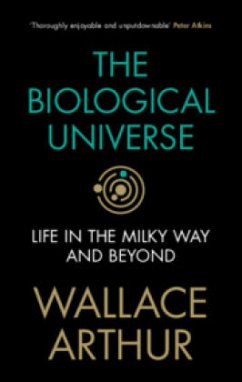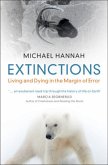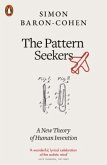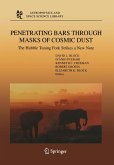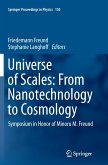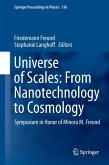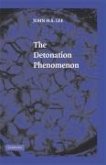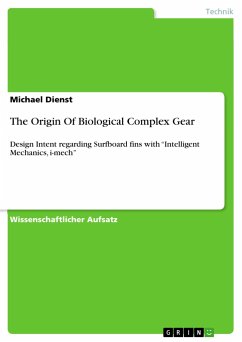Are we alone in the universe, or are there other life forms 'out there'? This is one of the most scientifically and philosophically important questions that humanity can ask. Now, in the early 2020s, we are tantalizingly close to an answer. As this book shows, the answer will almost certainly be that life forms are to be found across the Milky Way and beyond. They will be thinly spread, to be sure. Yet the number of inhabited planets probably runs into the trillions. Some are close enough for us to detect evidence of life by analysing their atmospheres. This evidence may be found within a couple of decades. Its arrival will be momentous. But even before it arrives we can anticipate what life elsewhere will be like by examining the ecology and evolution of life on Earth. This book considers the current state of play in relation to these titanic issues.
'Wallace Arthur addresses the most exciting question in science: 'Are we alone?' His brilliant exposition argues convincingly that we are likely to go through a Copernican revolution regarding the biological universe and discover that we are not at its centre.' Avi Loeb, Chair of the Harvard Astronomy department

